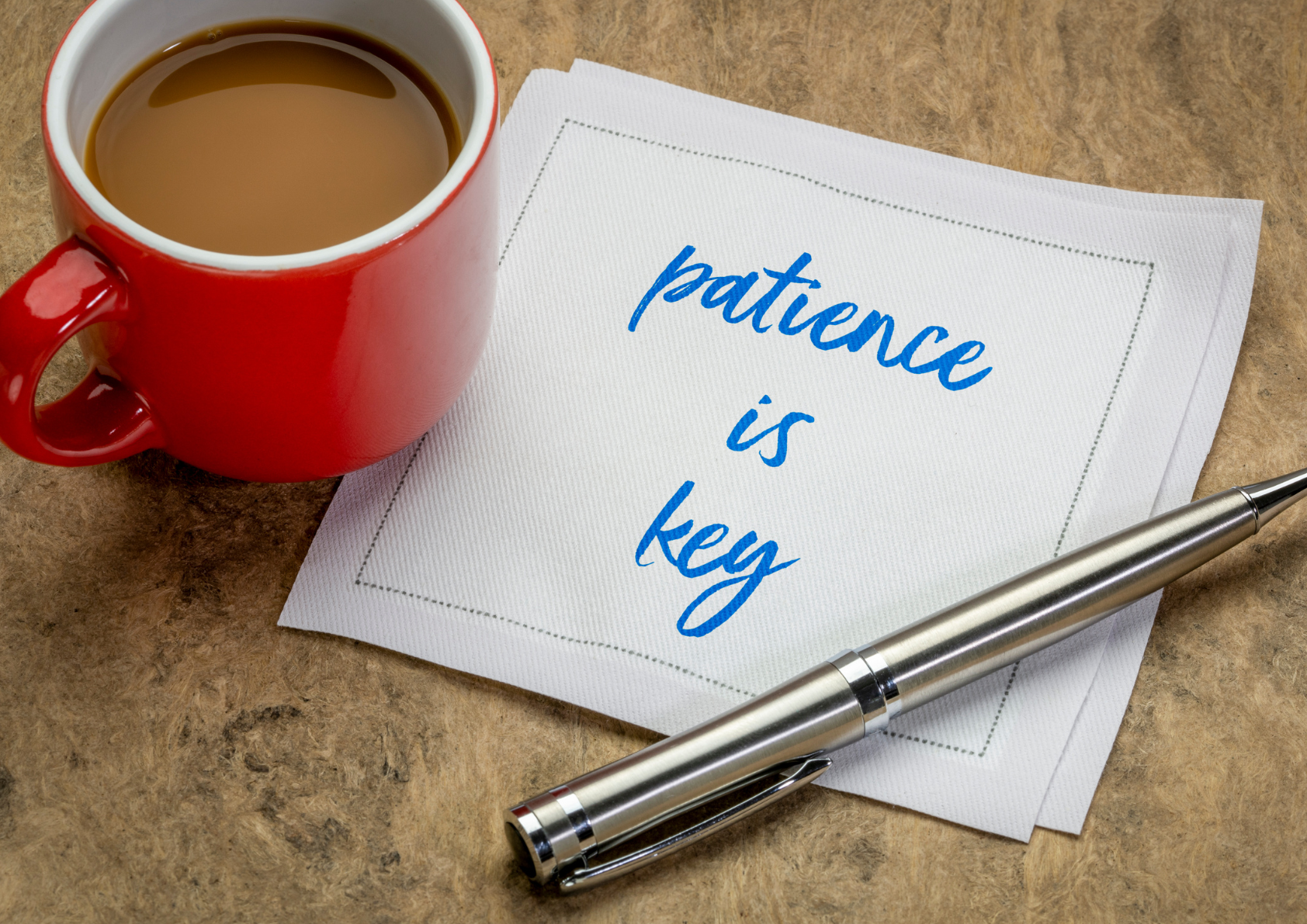Buying a home is one of the most significant financial decisions you’ll make in your lifetime. Whether you’re a first-time homebuyer or looking to upgrade, navigating the home-buying process can be overwhelming. Here are 31 essential tips to help you make an informed and confident decision.
Understand Your Financial Situation
Before you start house hunting, it’s crucial to have a clear picture of your financial situation. Calculate your income, debts, and savings to determine how much you can afford.
Get Pre-Approved for a Mortgage
A pre-approval letter from a lender shows sellers that you are a serious buyer and can give you a competitive edge in a hot market.
Define Your Needs and Wants
Make a list of must-haves and nice-to-haves. This will help you stay focused and prioritize your needs during the house hunt.

Choose the Right Real Estate Agent
A knowledgeable and experienced real estate agent can guide you through the buying process, negotiate on your behalf, and help you find the right home.
Research Neighborhoods
Location is key. Research different neighborhoods to find one that fits your lifestyle, whether you prioritize good schools, proximity to work, or vibrant nightlife.
Consider Future Growth
Think about your future needs. Will you need more space for a growing family, or are you planning to downsize? Choose a home that will accommodate your long-term plans.
Attend Open Houses
Open houses are a great way to get a feel for different homes and neighborhoods. Take notes and pictures to help you remember the details.
Be Ready to Compromise
It’s rare to find a home that ticks every box on your list. Be prepared to compromise on less critical features to find a home that meets your most important needs.
Understand the Market
Is it a buyer’s market or a seller’s market? Understanding the market conditions can help you strategize your offers and negotiations.

Inspect the Property Thoroughly
A professional home inspection can uncover potential issues that might not be visible at first glance. This step is crucial to avoid unexpected repair costs.
Evaluate the Commute
Consider the daily commute to work or school. Test the drive during peak hours to see if it’s manageable.
Check Property Taxes
Property taxes can vary significantly between areas and can impact your monthly budget. Research the property tax rates in your desired neighborhoods.
Review Homeowners Association Rules
If the property is in a community with a homeowners association (HOA), review the rules and fees to ensure they align with your lifestyle.
Consider Resale Value
Even if you plan to live in the home for many years, consider its resale value. Look for features that are appealing to future buyers.
Factor in Maintenance Costs
Owning a home comes with ongoing maintenance costs. Budget for regular upkeep and unexpected repairs.
Get to Know the Neighbors
Having good neighbors can significantly impact your quality of life. Try to meet some of the neighbors before making a decision.

Understand Closing Costs
Closing costs can add up to 2-5% of the home’s purchase price. Make sure you have enough saved to cover these additional expenses.
Look Beyond Staging
Homes are often staged to look their best. Try to see beyond the decor and envision how you would use the space.
Plan for Additional Expenses
Don’t forget to budget for moving costs, new furniture, and any immediate repairs or renovations you might need to make.
Read the Fine Print
Carefully review all contracts and documents before signing. If you have any questions, consult with your real estate agent or a lawyer.
Be Patient
Finding the right home can take time. Don’t rush the process. It’s better to wait for the right home than to settle for one that doesn’t meet your needs.

Stay Organized
Keep all your documents, notes, and contact information organized. This will help you stay on top of deadlines and important details.
Trust Your Instincts
If something doesn’t feel right about a property, trust your instincts. It’s important to feel confident in your decision.
Secure Homeowners Insurance
Protect your investment by securing homeowners insurance. Compare policies to find the best coverage at the best price.
Plan for the Long Term
Think about how your life might change in the next 5-10 years. Choose a home that can adapt to your evolving needs.
Be Ready to Act Fast
In a competitive market, homes can sell quickly. Be prepared to make a swift decision if you find the right home.
Don’t Skip the Final Walk-Through
Before closing, do a final walk-through to ensure that the property is in the agreed-upon condition.
Keep Your Finances Stable
Avoid making any major financial changes or purchases before closing, as this can affect your mortgage approval.

Celebrate Your New Home
Once you’ve closed on your new home, take time to celebrate this significant milestone. You’ve earned it!
Stay Informed
The real estate market is always changing. Stay informed about market trends and developments to make the best decisions in the future.
Let’s Wrap Things Up
Buying a home is a significant milestone that involves careful planning, research, and decision-making. By following these 31 essential tips, you can navigate the home-buying process with confidence and find the perfect home for you and your family. Remember to stay patient, and trust your instincts. Happy house hunting!





